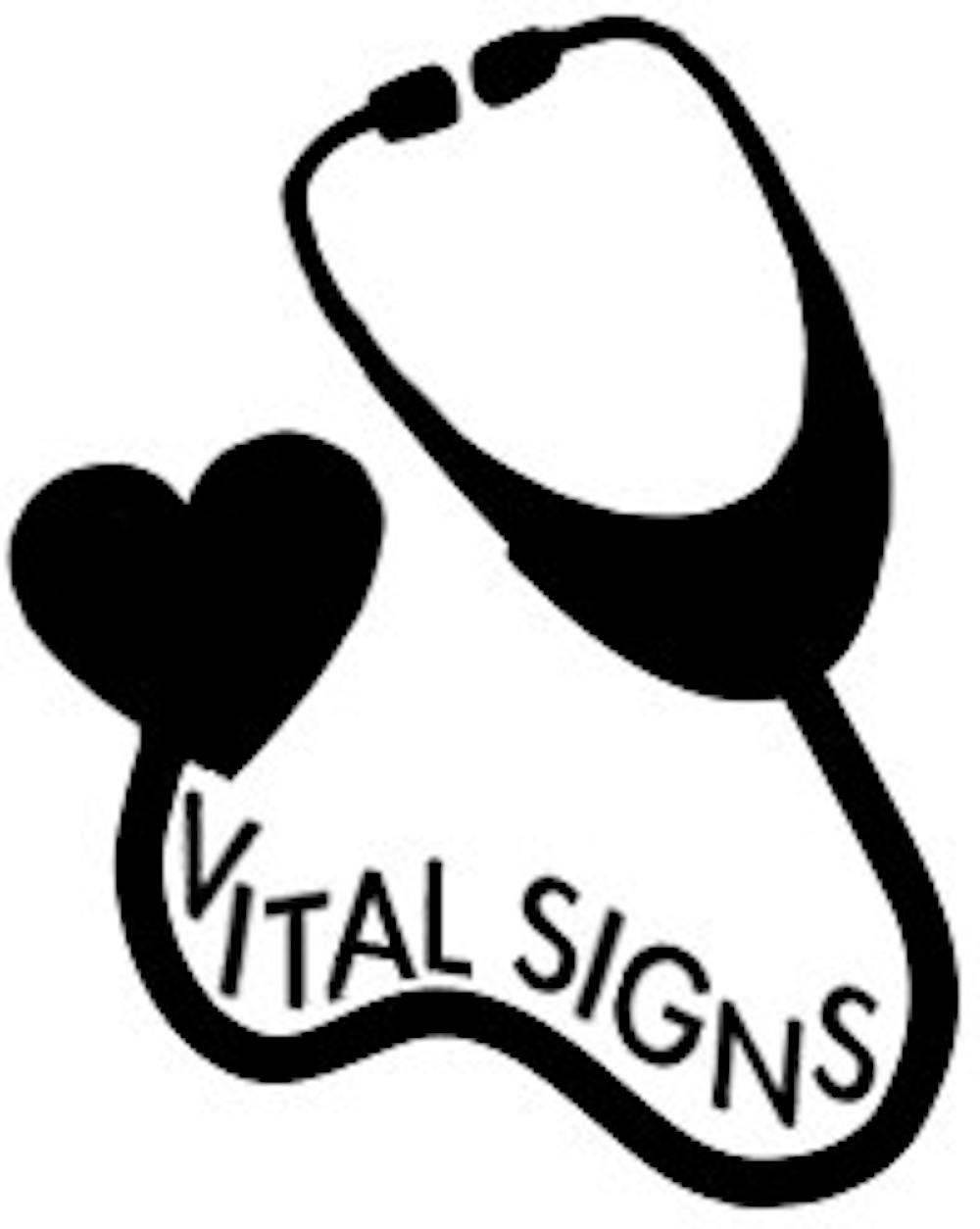By Anna Kellaher
Columnist
February is American Heart Month, which is a campaign sponsored by the American Heart Association. For young adults, heart health may seem like a distant worry. However, the habits that you form now can impact your heart health for the rest of your life.
Healthy eating is a huge part of heart health. The AHA suggests a diet that emphasizes fruits and vegetables, whole grains, low-fat dairy products, nuts, legumes and, skinless poultry and fish.
Watch nutrition labels and limit saturated fats, trans fats, sodium and sugar.
Also, avoid what the AHA refers to as nutrient-poor foods, or foods that are high in calories but low in nutrients, such as soda or corn chips.
Exercise is another part of keeping your heart healthy. The AHA recommends getting at least 150 minutes of moderate physical activity each week.
If you don’t have time to hit the gym, you can make small changes in your regular routine to stay active, such as taking the stairs instead of the elevator or walking a longer route to class.
There are other lifestyle changes that are less obvious than diet and exercise but have an effect on your heart. One factor is stress. Stress by itself can increase your blood pressure. The way that we respond to stress can make even more of an impact.
Drinking, smoking, physical inactivity and overeating are common responses to stress that have a negative impact on heart health.
Sleep also plays a role. According to the CDC, adults who get less than seven hours of sleep each night are more likely to suffer from high blood pressure, Type 2 diabetes and obesity, all of which are factors that are bad for your heart.







